
Parenting can be a daunting journey, with its twists and turns, ups and downs. It's no wonder that many parents feel lost at sea, struggling to navigate the choppy waters of raising children. But fear not – with the right tools, guidance, and mindset, you can steer your ship towards success.
In this article, we'll explore how to navigate the sea of parenting using your own unique compass. As a parent, you have your own style – one that reflects who you are as an individual. Embracing this uniqueness is key to successful parenting.
By understanding and accepting your strengths, weaknesses and limitations; you can tailor your approach to suit yourself and your child. This will help create a positive environment for growth where both you and your child can thrive together.
With a little bit of self-reflection and patience in learning what works best for you both - You'll find that navigating the sea of parenting becomes more manageable than ever before!

Embrace Your Unique Parenting Style
You'll love discovering your own style of parenting and feeling confident in the way you raise your little ones. Every parent has their own unique strengths and limitations that shape the way they approach raising their children. It's important to embrace these qualities, as they will help guide you through the journey of parenthood.
Discovering your parenting style takes time, patience, and a willingness to learn from both successes and mistakes. Take notice of how you handle different situations with your child and what methods seem to work best for you. Recognize that there's no one 'right' way to parent, but rather a variety of approaches that can be tailored to fit your family's needs.
By embracing your own style of parenting, you'll not only feel more confident in yourself as a parent, but also create a stronger bond with your child based on mutual understanding.
As important as it is to discover and embrace your unique parenting style, it's equally crucial to communicate effectively with your children. When you're able to understand each other better, trust is built, and misunderstandings are minimized.
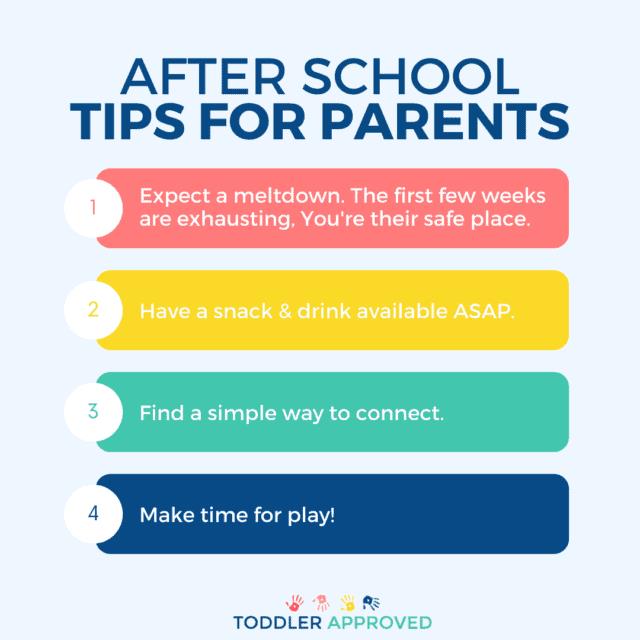
Communicate Effectively with Your Children
If you want to communicate effectively with your children, start by actively listening to them. This means setting aside distractions and truly hearing what they have to say without interrupting or judging.
Additionally, it's important to set realistic expectations for your child's behavior and growth, while also offering discipline with empathy rather than punishment alone.
By practicing these key points, you can establish open and respectful communication with your children that will benefit both of you in the long run.
Active Listening
You need to be all ears and completely focused when your child is speaking to you, because active listening can make or break your relationship with them. Active listening means not just hearing the words that are being said, but really understanding what your child is trying to communicate.

By practicing empathetic listening, you can show your child that their thoughts and feelings matter to you. This type of communication helps improve relationships by fostering trust and respect.
The benefits of empathetic listening go beyond just building a strong connection with your child. It also allows them to feel heard and understood, which can lead to increased confidence and self-esteem.
It's important to remember that children often have limited means of expressing themselves, so it's crucial for parents to provide a safe space where they feel comfortable sharing their thoughts and emotions. With active listening, you're not only improving your relationship with your child but also setting them up for success in all areas of life.
So as we move into discussing how to set realistic expectations for our children, keep in mind the importance of actively listening and showing empathy towards them.
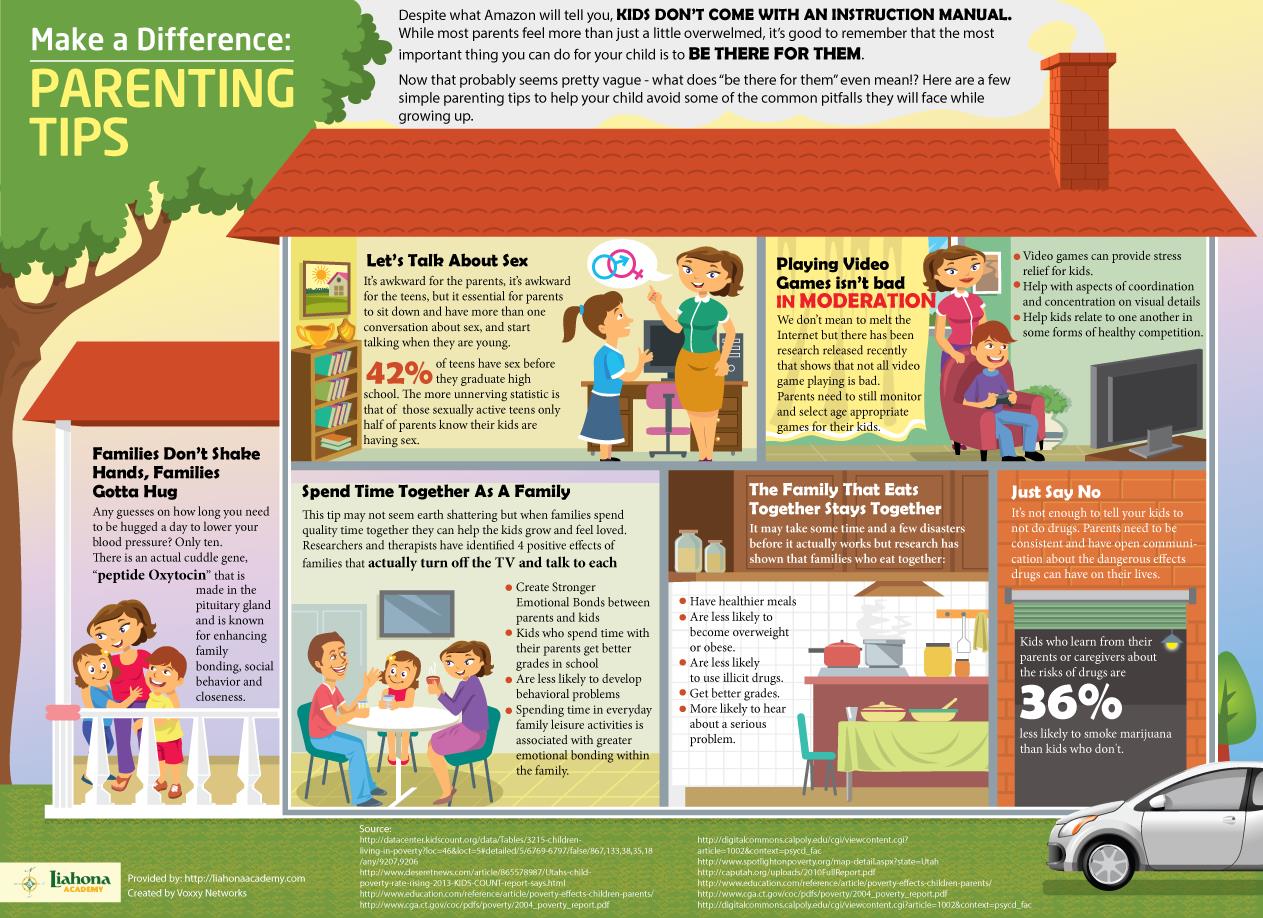
Setting Realistic Expectations
Once you start managing your expectations and setting achievable goals for your child, it'll greatly benefit their development. Avoid comparing them to other children or expecting them to meet unrealistic standards. This can lead to feelings of inadequacy and pressure, which can ultimately harm their self-esteem.
Instead, celebrate the small victories and progress they make towards their goals. Encourage them to take ownership of their accomplishments and be proud of themselves. By doing so, you're not only building their confidence but also fostering a positive mindset towards learning and growth.
Remember that each child is unique and has their own pace of development – embrace this diversity and support your child in achieving their individual potential.
As you continue on this journey of parenting, it's important to recognize that discipline is also an essential aspect of guiding your child towards success. However, discipline doesn't have to involve punishment or harsh consequences.

In the subsequent section about 'discipline with empathy', we'll explore how you can use empathy as a tool for effective discipline while still maintaining boundaries and expectations for your child's behavior.
Discipline with Empathy
Let's explore how empathy can be a powerful tool for guiding your child's behavior in a positive direction. Empathetic discipline is often seen as ineffective, but it actually helps to foster strong relationships between parents and children. This approach involves understanding your child's perspective and feelings, which allows you to address their needs while still setting boundaries.
To nurture empathy in children through discipline, consider these three things:
- Listen actively and validate their emotions.
- Use positive language that focuses on solutions instead of punishment.
- Model empathy by treating others with kindness and respect.
By implementing empathetic discipline, you're teaching your child valuable skills that will benefit them throughout their life. Remember that it's not about being permissive or letting your child do whatever they want; rather, it's about finding a balance between compassion and guidance.
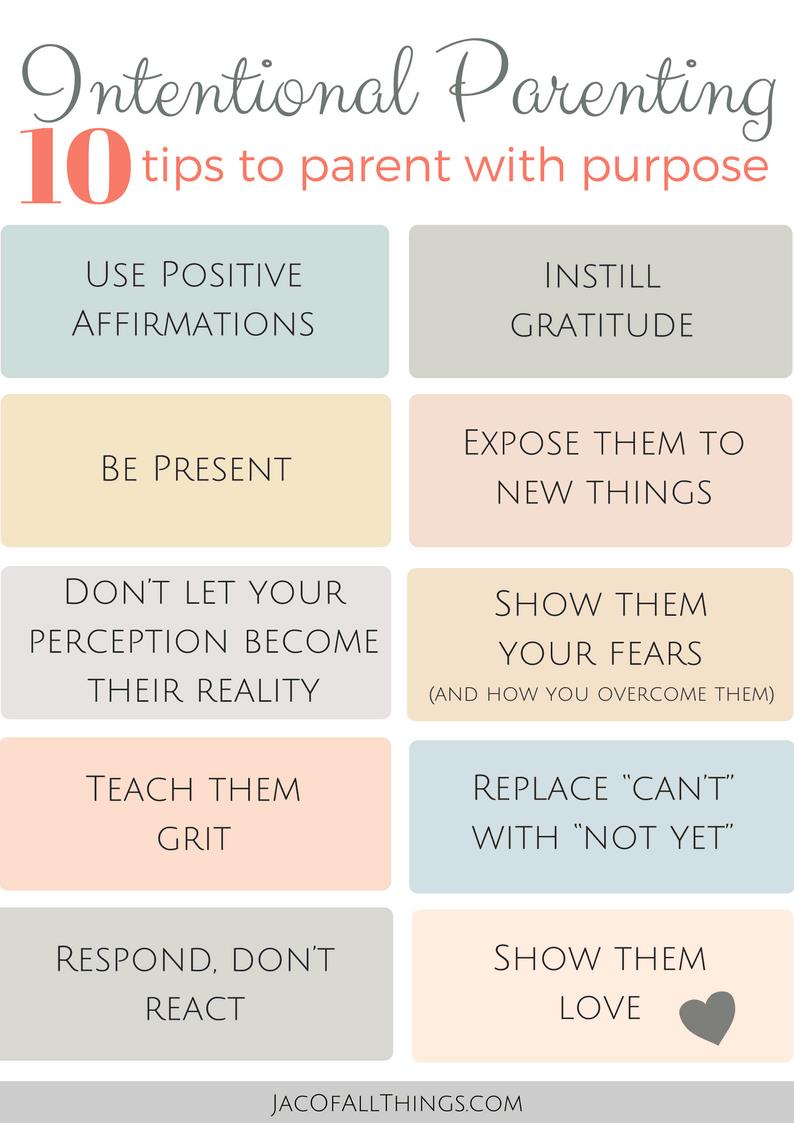
As you navigate the sea of parenting, remember to prioritize self-care. Taking care of yourself allows you to be present for your family without feeling burnt out or overwhelmed.
Prioritize Self-Care
Take a moment to prioritize self-care and invest in your own well-being, as it is the foundation for being the best version of yourself for your family. As a parent, it's natural to put your children's needs before your own. However, neglecting yourself can lead to burnout, stress, and resentment towards your role as a caregiver. That's why it's essential to incorporate mindful practices into your routine that allow you to recharge and reset. This can include activities such as meditation, yoga, or journaling.
To help you get started on prioritizing self-care, here is a table outlining some ideas for incorporating mindfulness and boundary setting into your daily routine:
| Mindful Practices |
Boundary Setting |
Self-Care Ideas |
| Meditation |
Saying No |
Taking breaks |
| Yoga |
Prioritizing time |
Getting enough sleep |
| Journaling |
Communicating needs |
Engaging in hobbies |
By making self-care a priority, you are not only benefiting yourself but also creating a positive environment for your family. You will have more energy and patience to handle the challenges that come with parenting. In the next section, we'll discuss how building a strong support network can further enhance this journey of navigating the sea of parenting.
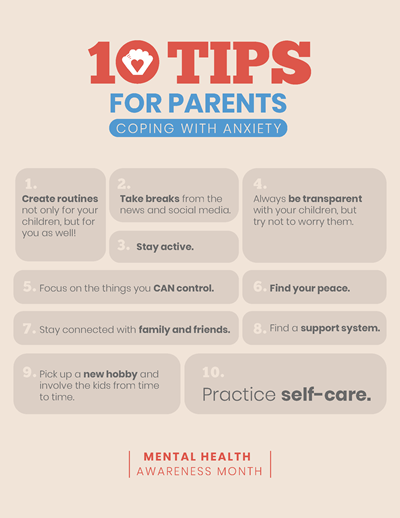
Build a Strong Support Network
As a parent, it's important to remember that you don't have to navigate the challenges of raising children alone. Cultivating relationships with other parents can be incredibly helpful in providing support and advice.
When necessary, seeking professional help is also a valuable option to consider. And don't forget about staying connected with family and friends - having a strong support network can make all the difference in navigating the ups and downs of parenting.
Remember, you're not alone!
Cultivate Relationships with Other Parents
You never know what kind of support or advice you might receive when you connect with other parents, so make sure to foster those relationships and see where they take you. It's important to keep in mind that these relationships should be a two-way street.

You can start by reaching out for playdates and following proper etiquette, such as always returning toys and cleaning up after your children. Over time, you may find that these casual interactions turn into deeper friendships.
Another great way to cultivate relationships with other parents is through parent-teacher collaboration. Attend school events, communicate regularly with your child's teacher, and volunteer when possible. This not only helps build connections with other parents but also strengthens your relationship with your child's educational team.
Remember that having a community of supportive parents can provide a sense of belonging and alleviate some of the stress that comes with parenting. So reach out, form connections, and enjoy the benefits of a strong support network!
As important as it is to have friends who understand the challenges of raising children, sometimes professional help is necessary. When facing difficult situations or emotions that seem overwhelming, remember that seeking help from a qualified mental health professional is an option available to you and shouldn't be overlooked.

Seek Professional Help When Necessary
Don't hesitate to reach out for professional support if you're struggling with difficult emotions or situations as a parent. Parenting can be challenging, and it's okay to admit that you don't have all the answers.
Identifying triggers that cause stress or anxiety in your parenting journey can be overwhelming, but seeking resources from trained professionals can help you navigate through these challenges. There are many options available when seeking professional help as a parent.
You may want to consider therapy sessions with a licensed therapist who specializes in family dynamics or child development. Additionally, there are support groups and online forums where parents can connect with others going through similar experiences.
Remember, asking for help is not a sign of weakness, but rather a brave step towards finding solutions and improving your well-being as well as your child's. With the right support system in place, you can confidently move forward on your parenting journey.
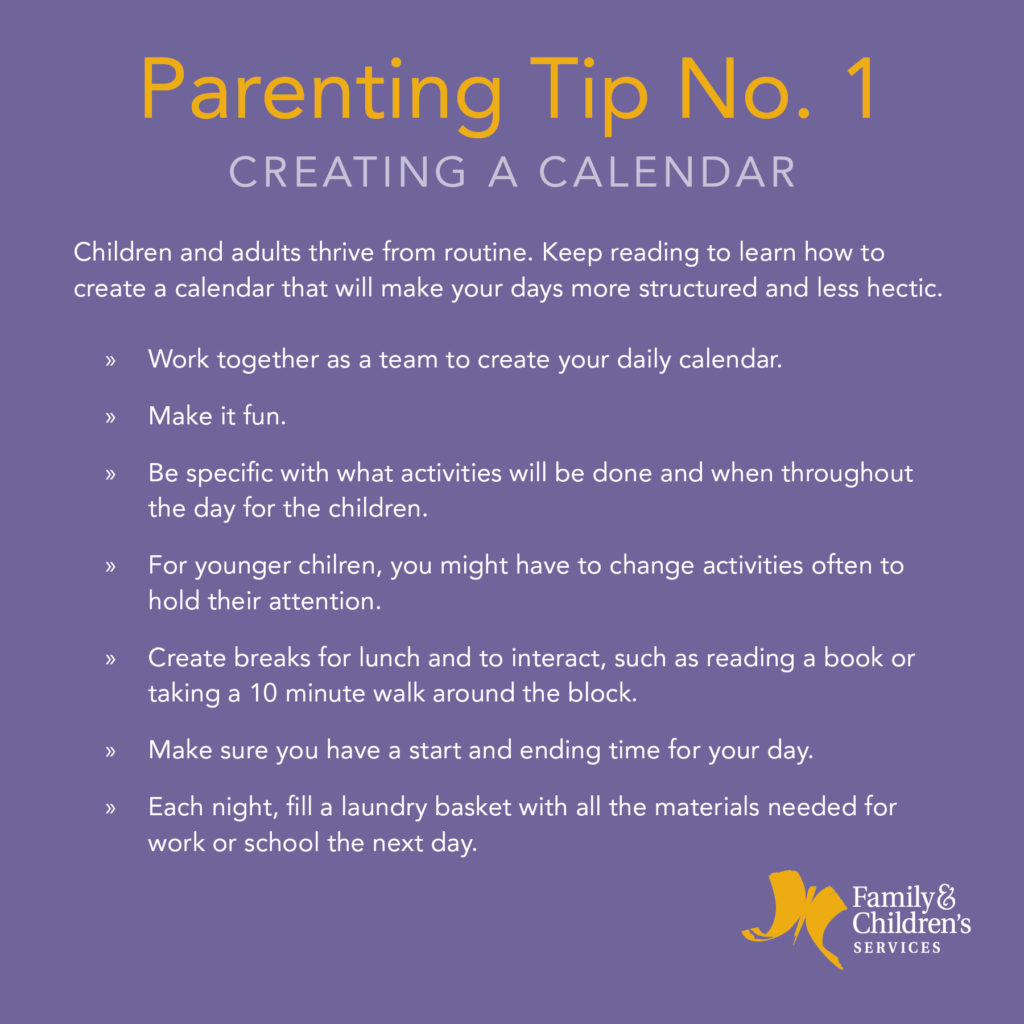
Now let's talk about how staying connected with family and friends can also benefit you on this path.
Stay Connected with Family and Friends
Staying connected with loved ones can have a positive impact on your emotional well-being as a parent. Being able to share the ups and downs of parenthood with family and friends provides a sense of support that can help you navigate through challenging times. Studies show that social support can lead to lower levels of stress, depression, and anxiety in parents.
To stay connected with your loved ones, plan outings that involve everyone. Go for a hike together or enjoy a picnic at the park. Additionally, set technology boundaries when spending time with family and friends. Avoid scrolling through social media or checking emails during these moments, as it's important to be present and engaged with those around you.
By staying connected with your loved ones, you're setting yourself up for success in your parenting journey. As important as it is to stay connected with family and friends, it's equally crucial to stay informed and educated about parenting strategies and techniques.

Learning and staying up-to-date with the latest research and information is like having a clear map to follow on your journey as a parent. Parent education is crucial in helping you make informed decisions that will benefit your child's growth and development. Staying up to date on best practices, new studies, and current trends in parenting can help you navigate the challenges that come with raising children.
Here are three ways to stay informed and educated:
Attend parenting classes or workshops: These events give you an opportunity to learn from experts in various fields of parenting. You can ask questions, share experiences, and gain knowledge that'll help you make informed decisions.
Read books, blogs, or articles: There are countless resources available online or at your local library that cover different aspects of parenting. Reading about other parents' experiences, tips for dealing with specific issues, or research findings can be insightful.

Join a parent group: Connecting with other parents who have similar experiences can be empowering. You can share stories, get advice from others who've been there before, and build lasting relationships.
Remember, parenting isn't a destination but rather a journey full of ups and downs. As you continue learning how to navigate this sea of parenthood successfully, it's essential to enjoy every moment along the way.
Enjoy the Journey
It's important to remember that parenting is a journey, not a destination. While it can be easy to get caught up in the day-to-day struggles and stresses of raising children, it's crucial to find joy in the process as well.
Whether it's taking time for yourself, engaging in mindfulness practices, or simply enjoying moments with your kids, finding ways to make parenting fulfilling is essential.
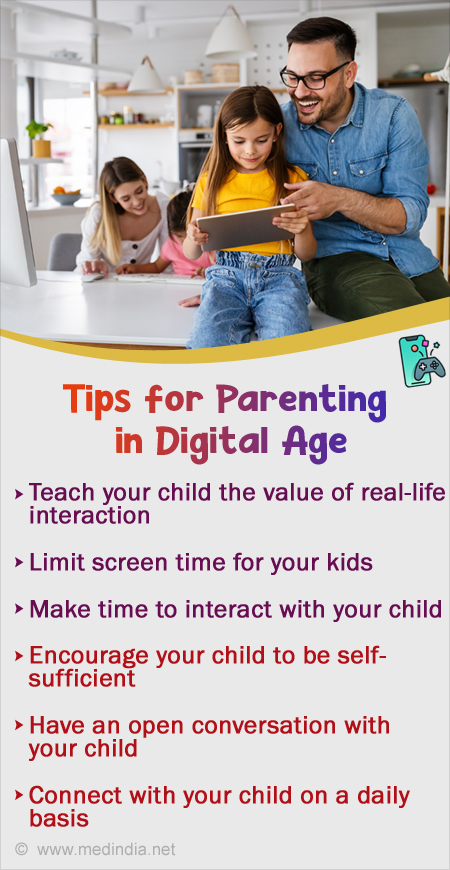
One way to do this is by being present in the moment. Instead of constantly worrying about what needs to be done next or what you could have done better in the past, try focusing on the present and enjoying the little things.
Take time to really listen when your child tells you about their day or appreciate their unique qualities and personalities. By doing so, you'll not only create cherished memories but also develop a deeper connection with your child that will last a lifetime.
Remember that parenting can be challenging at times but don't forget how rewarding it can be as well - enjoy every step of the journey!
Frequently Asked Questions
How can I deal with my child's temper tantrums in a constructive way?
When your child throws a temper tantrum, it can be overwhelming and frustrating. However, it's important to remember that your child is still learning how to regulate their emotions and communicate effectively.

Instead of resorting to punishment or yelling, try using positive reinforcement. When your child does something well, give them praise and recognition for their efforts. This will encourage them to continue behaving positively in the future.
Additionally, help your child learn emotional regulation techniques such as deep breathing or counting to ten when they feel frustrated. By teaching them these skills early on, you're setting them up for success in managing their emotions throughout their lives.
Remember to stay patient and compassionate – parenting is a journey filled with ups and downs, but with consistency and understanding, you can navigate through even the toughest moments with ease.
What are some effective strategies for disciplining my child without resorting to punishment?
When it comes to disciplining your child, punishment may seem like the easiest solution. However, there are more effective strategies that don't involve harsh consequences.
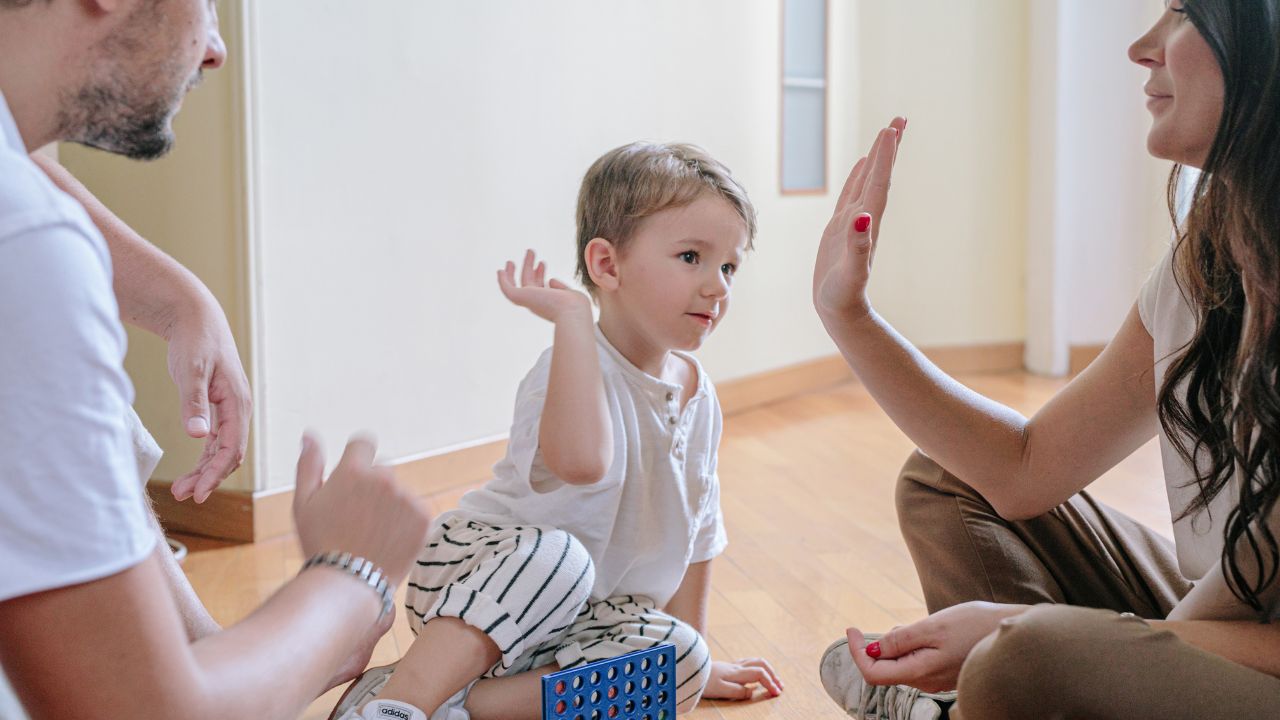
Positive reinforcement is a great way to encourage good behavior by rewarding your child when they do something right.
Additionally, active listening can help you understand why your child is misbehaving and address the underlying issue instead of just punishing them for their actions.
By using these strategies, you can discipline your child in a way that encourages growth and self-improvement without resorting to punishment.
How can I balance my responsibilities as a parent with my career and personal life?
Trying to balance your responsibilities as a parent with your career and personal life can feel like navigating through rough waters. It's easy to get lost in the chaos and feel like you're drowning.

But just like a sailor, you need to set your course and stay focused on reaching your destination. One way to do this is by delegating responsibilities both at home and work.
It may be tempting to try and do everything yourself, but that'll only lead to burnout. Prioritize what needs to be done, and then trust others with tasks that can be handed off. This will not only help lighten your load but also give others a chance to step up and shine.
Finding the right balance between work, family, and personal time takes effort but remember: you're the captain of your ship, so steer it in the direction that brings you closer to achieving your goals while still enjoying the journey along the way.
What are some ways to encourage my child's independence and self-confidence?
Encouraging autonomy and building resilience in your child is crucial for their growth and development. Start by allowing them to make small decisions on their own, such as choosing what to wear or which book to read.

Praise them for taking initiative and making choices, even if they're not always the ones you would have made. Encourage them to try new things, take risks, and learn from failure. This will help build their self-confidence and give them a sense of independence.
Remember to be supportive but also allow them the freedom to explore and discover on their own. By fostering these skills early on, you can set your child up for success in all areas of life.
How can I help my child develop a positive self-image and a healthy relationship with their body?
To help your child develop a positive self-image and a healthy relationship with their body, it's important to incorporate positive affirmations into your daily routine. Encourage your child to embrace their unique qualities and remind them of their strengths regularly.
The body positivity movement can also be a helpful tool in promoting self-acceptance and confidence. Teach your child that all bodies are beautiful and deserving of respect, regardless of size or shape.

By modeling a healthy relationship with your own body and reinforcing these positive messages, you can support your child in developing a strong sense of self-worth that they can carry with them throughout their life.
Conclusion
Congratulations on completing this journey towards becoming a successful parent! By embracing your unique parenting style, communicating effectively with your children, prioritizing self-care, building a strong support network, and staying informed and educated, you've set yourself up for success.
Remember to enjoy the journey and appreciate all the little moments that make parenting so special.
Did you know that according to a study by Pew Research Center, fathers are spending more time than ever before with their children? In fact, dads in the United States reported spending an average of eight hours per week on childcare activities in 2016 – nearly triple the amount they spent in 1965. This is great news for families everywhere as it shows that fathers are taking on more responsibilities at home and strengthening their relationships with their children.

As you continue on your parenting journey, remember that there will be ups and downs, but as long as you stay committed to being the best parent possible, nothing can stop you from achieving success. Keep learning new strategies and techniques to help navigate through any challenges that may arise. You've got this!
 RelationshipsHealthWorkMoneyParentingRetirementPrivacy PolicyTerms And Conditions
RelationshipsHealthWorkMoneyParentingRetirementPrivacy PolicyTerms And Conditions
